What Is the Best Type of Power Station?
Being able to power things wherever you are, be it your home, outdoors, or in the event of an emergency, is more important than ever in this day and age. Power stations make all of this possible, from charging your smartphone on a camping trip to keeping your fridge running during a blackout. However, with such a wide variety of power stations, how do you decide what the best type of power station for you?
This guide walks you through everything you need to know. We will cover the different types of power stations, pros and cons, what to look for when purchasing, and find the right one for your lifestyle and power needs.
What Are the Main Types of Power Stations?
Here are four popular types of power stations for personal, portable, and home backup use. They're all built to serve a specific type of need:
Solar Power Generators
They utilize solar panels to generate electricity from sunlight. This energy is stored in batteries, which can be subsequently used to power your devices or appliances. Maintenance-free, solar power generators are often silent, renewable, and ideal for camping the grid living. They don't consume fuel, which makes them ideal for camping, living in an RV, or for backup in case of an emergency.
Fuel-Based Generators
Gasoline, diesel, or propane generators can deliver high-wattage power and be operated continuously, with the only downside being the need to refuel them when the fuel runs out. These types of generators are so commonly used for construction sites, rural areas where power is frequently lost, or as a backup during a power grid failure. But they are loud and emit fumes, not so great for daily or indoor use.
Portable Small Power Station
They are small, battery-powered devices for low to mid-power applications. A portable small power station is perfect for charging mobile devices, using small appliances, and powering lights on a camping trip or a short trip. The AFERIY portable small power station is a great example of this, being lightweight, powerful, and easy to recharge via solar or alternating current (AC).
High-Capacity Battery Power Stations
These are big, home battery backup designed to power major appliances, home electronics, or even power tools. The AFERIY 3600W generator is the best example of a high-capacity battery power station that has huge capacity (up to 3840Wh) and many output ports, which can meet the needs of your home, office, outdoor activities, and even professional equipment.

What Are the Pros and Cons of Different Power Stations?
Now let’s consider each power station's features and analyze all the pros and cons you might keep in mind.
Solar Power Generators
-
Pros: Clean, environmentally friendly, no noise, no fuel, safe for indoor use.
-
Cons: Recharge slowly, must have direct sunlight, and may need large solar panels for high-capacity use.
Fuel-Based Generators
-
Pros: Can deliver high output power, withstands long outages, more readily available.
-
Cons: Loud, pollutes the air, needs to be refueled and serviced often, not for indoor use.
Portable Small Power Station
-
Pros: Slim and portable, safe and silent, easy to carry, great for low-watt devices.
-
Cons: Small battery capacity, not designed for high power or long-term operation.
High-Capacity Battery Station
-
Pros: Powers nearly all devices, stays clean and safe indoors, and usually comes with a solar & AC charging option.
-
Cons: Initial cost is high, big, and heavy compared to smaller units, will take longer to solar recharge unless multiple panels are used.
Each type has its place. Solar power generators, for instance, can provide a clean and consistent source of power if you’re living off-grid or traveling around in a van. If you have a large fridge, freezer, or some power tools you need to power, a 3600-watt generator would be a better option.
What Factors to Consider When Choosing the Best Power Station?
When it comes to finding the best type of power station for your needs, it’s not just about choosing the most powerful one. It’s a matter of selecting what fits your needs. Here is what matters most:
Power Requirements
Begin by estimating the power consumption of your devices or appliances. Small electronics in the range of a phone or a light only require 10-100W, medium devices such as a mini-fridge or fan fall in the 200- 500W range, and larger appliances with a power demand of 1000W or higher. A small portable power station might work for short trips, but a 3600-w generator is better for home backup or powering more than one high-wattage device.
Battery Capacity (Wh)
That means how long your station can run. For example, a 2048Wh battery can charge a smartphone more than 100 times or run a mini fridge for several hours. A battery of 3840Wh capacity ensures a full-size refrigerator or power tools run longer during outages.
Portability
Weight and size are important because if you are going to carry it around and travel, then you need to make sure it is a good weight, and not too big a laptop. Lighter portable small power stations can be easily carried, but larger and higher-capacity models may require wheels or a permanent setup.
Charging Options
The ideal power station will allow you to use foldable solar panels, wall plugs, or even carports to charge it. This offers flexibility, particularly if you’re off the grid. When combined with quality panels and a sunny location, solar power generators work best.
Noise & Safety
Battery stations are safe and quiet. Fuel-powered models make more noise and are not for use indoors. Make sure the unit you’re interested in has protection from overcharges or short circuits.
Budget
The smaller units are less expensive but have limitations. High-capacity versions have more power, but they can be costly. Determine what features you need and compare that to what you can afford.

What Is the Best Type of Power Station for Your Needs?
To help you choose the right power station to suit your needs, here is a match between the types of power stations and the user preferences:
For Camping and Travel
Choose a portable small power station such as the AFERIY P210. Heavy enough to recharge your gear but lightweight enough to carry it with you, it makes no noise and requires no fuel.
For Emergency Preparedness
A battery station with a large capacity, like an AFERIY 3600W generator, is the best choice. It is able to provide 3600W output and has a 3840Wh capacity to run most of the key appliances during the blackouts without worrying about gasoline.
For Off-Grid and Eco-Conscious Use
Solar power generators are best for off-grid and eco-conscious use. They offer free, sustainable energy with no pollution. Combine them with solar panels for the complete off-grid solution. Great for cabins, RVs, camping, or long-term off-grid.
For DIY Projects or Remote Job Sites
Requirements for DIY projects and remote job sites often skew toward durability and raw output. The AFERIY P310 portable power station with an expandable capacity of 3600W and 3840Wh delivers both running power tools and keeps batteries topped off while operating almost silently.
Summary
The selection criteria for each type of power station are largely dependent on your intended use case scenario. For example, do you need a phone during your camping trip? Or perhaps providing backup power to your fridge in a blackout situation? Or even looking for a clean energy source for an off-grid lifestyle? There is certainly one tailored to your preferences.
Portable power stations are ideal for users looking for lightweight options that are easy to transport. The 3600W generators suit those who desire even more usage flexibility, either at home or at work. Solar-powered generators remain unbeatable if low running costs and eco-friendliness are prioritized, ensuring no fuel cost allied with clean solar energy.
Related Reading:
What Can a 7500-Watt Generator Run?
What Can a 6500-Watt Generator Run?
How Many Watts Does a TV Use: 24, 32, 50, 55, 65 Inch TV and More
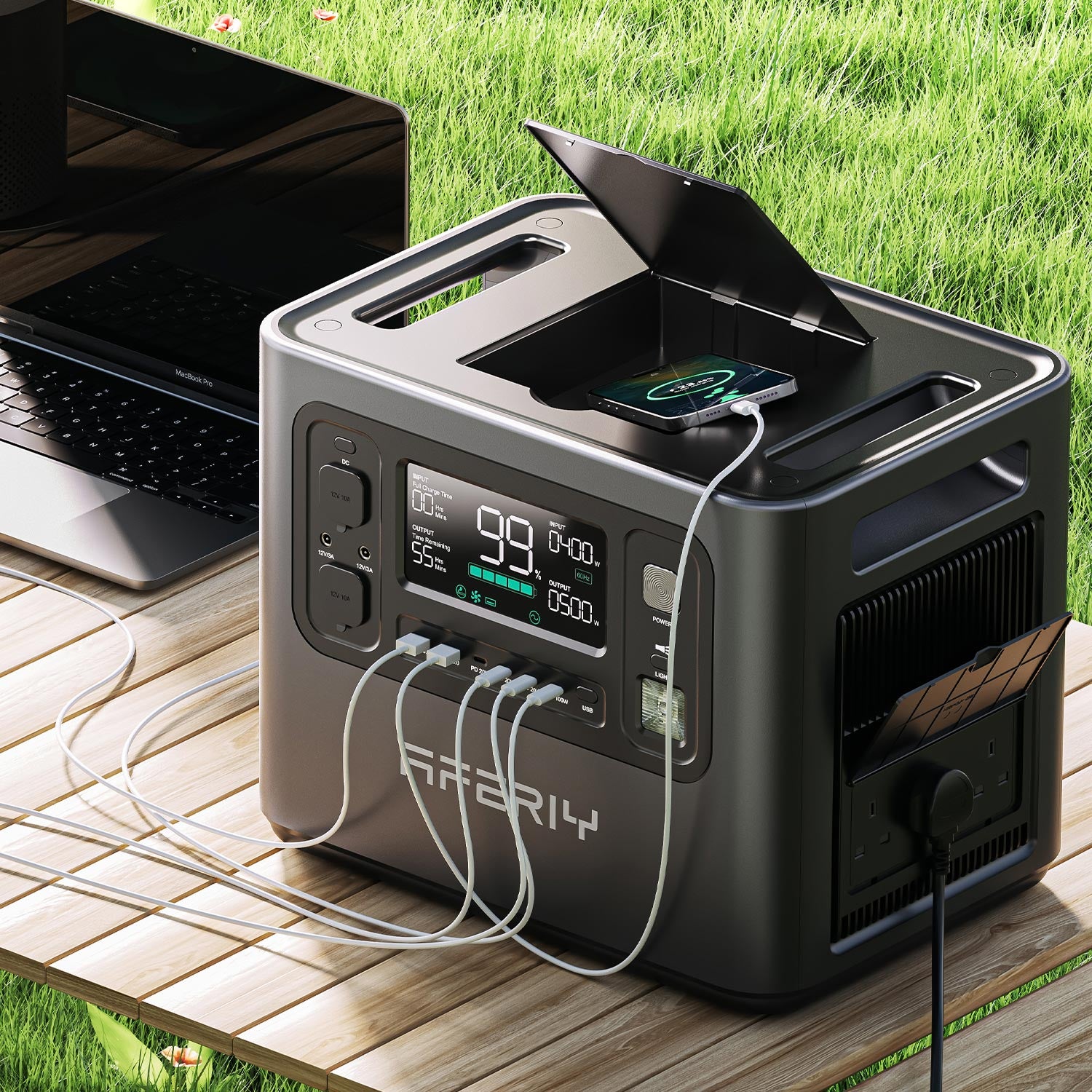
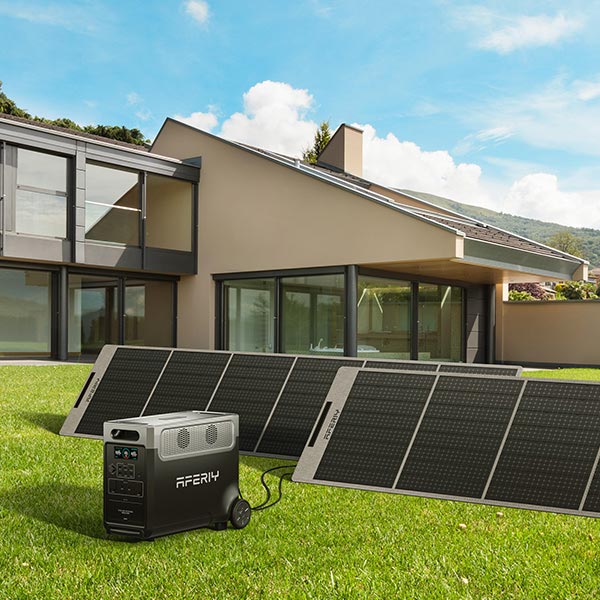
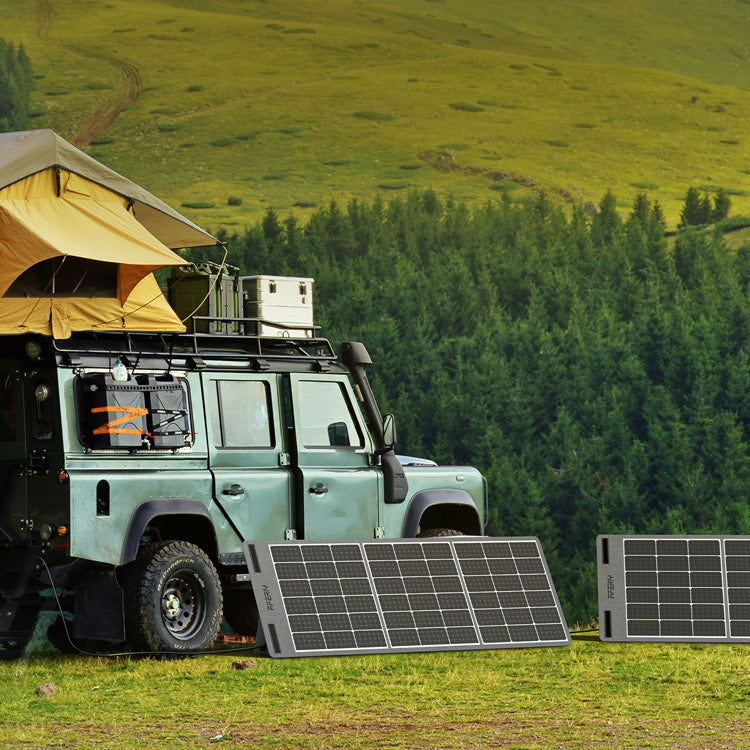
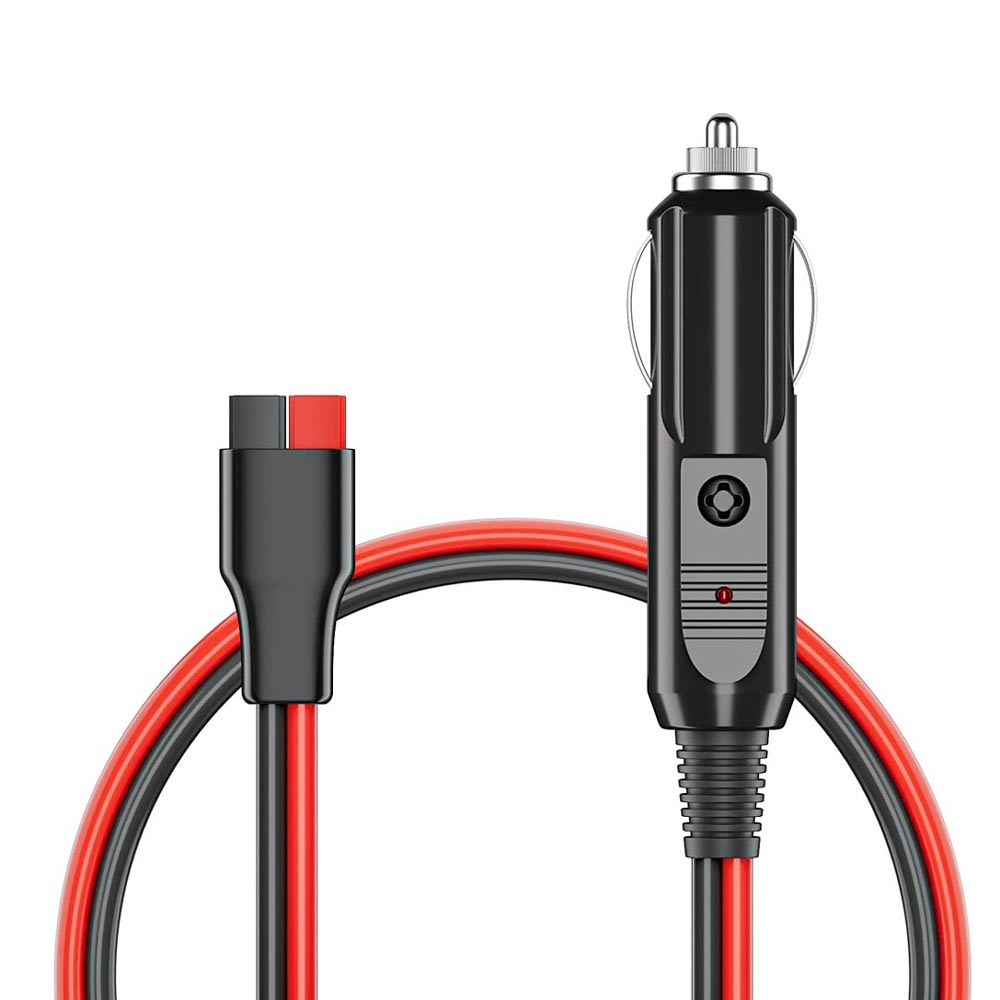

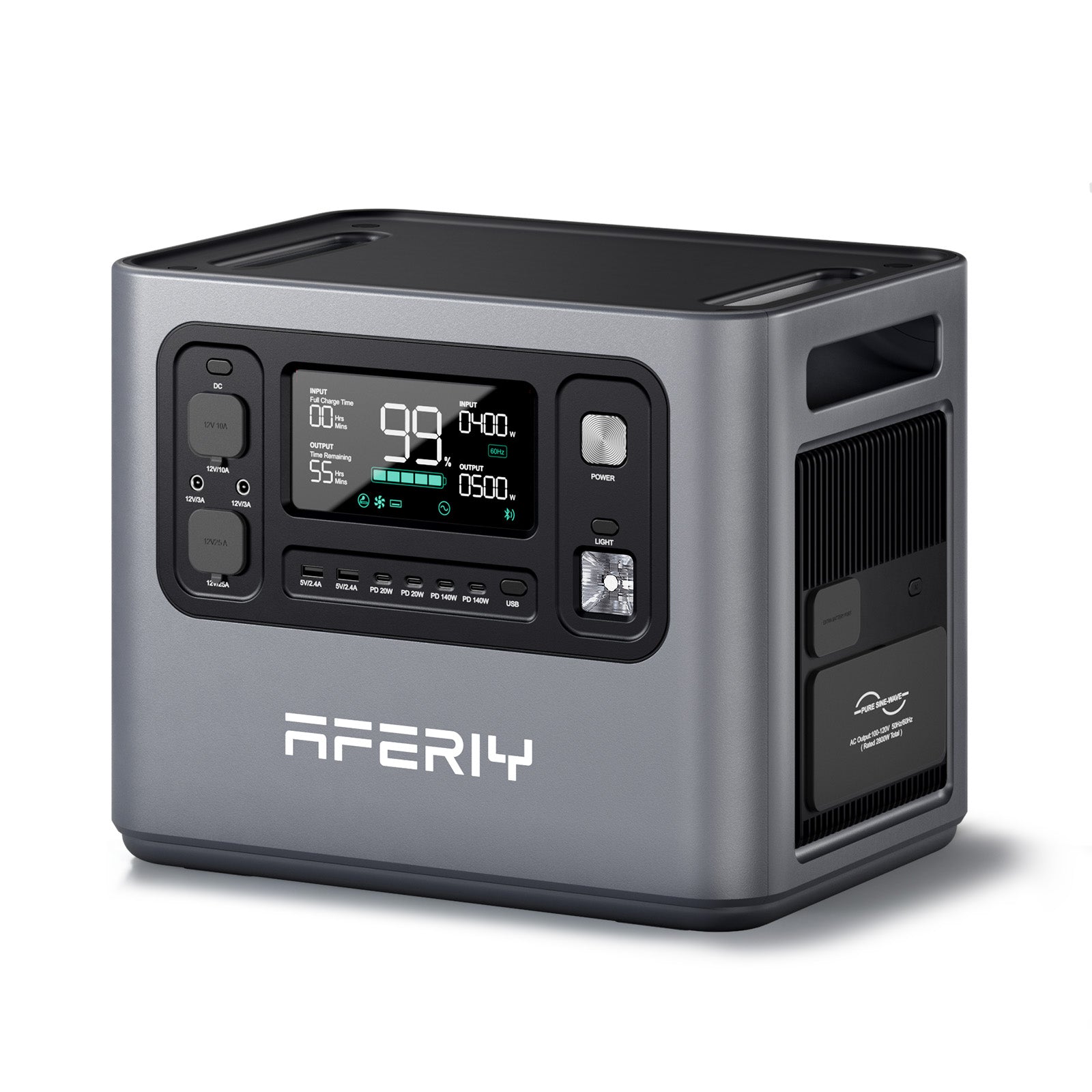
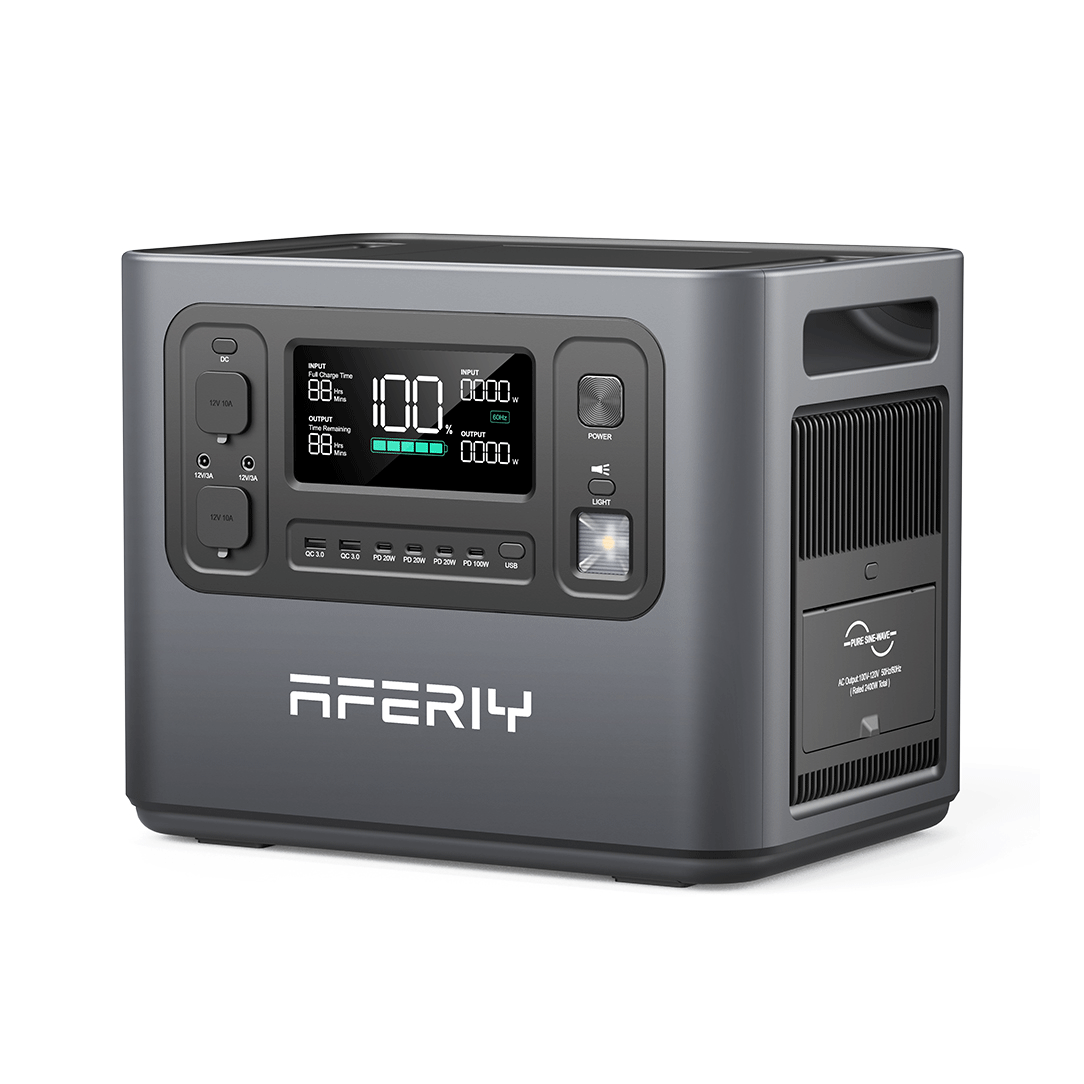
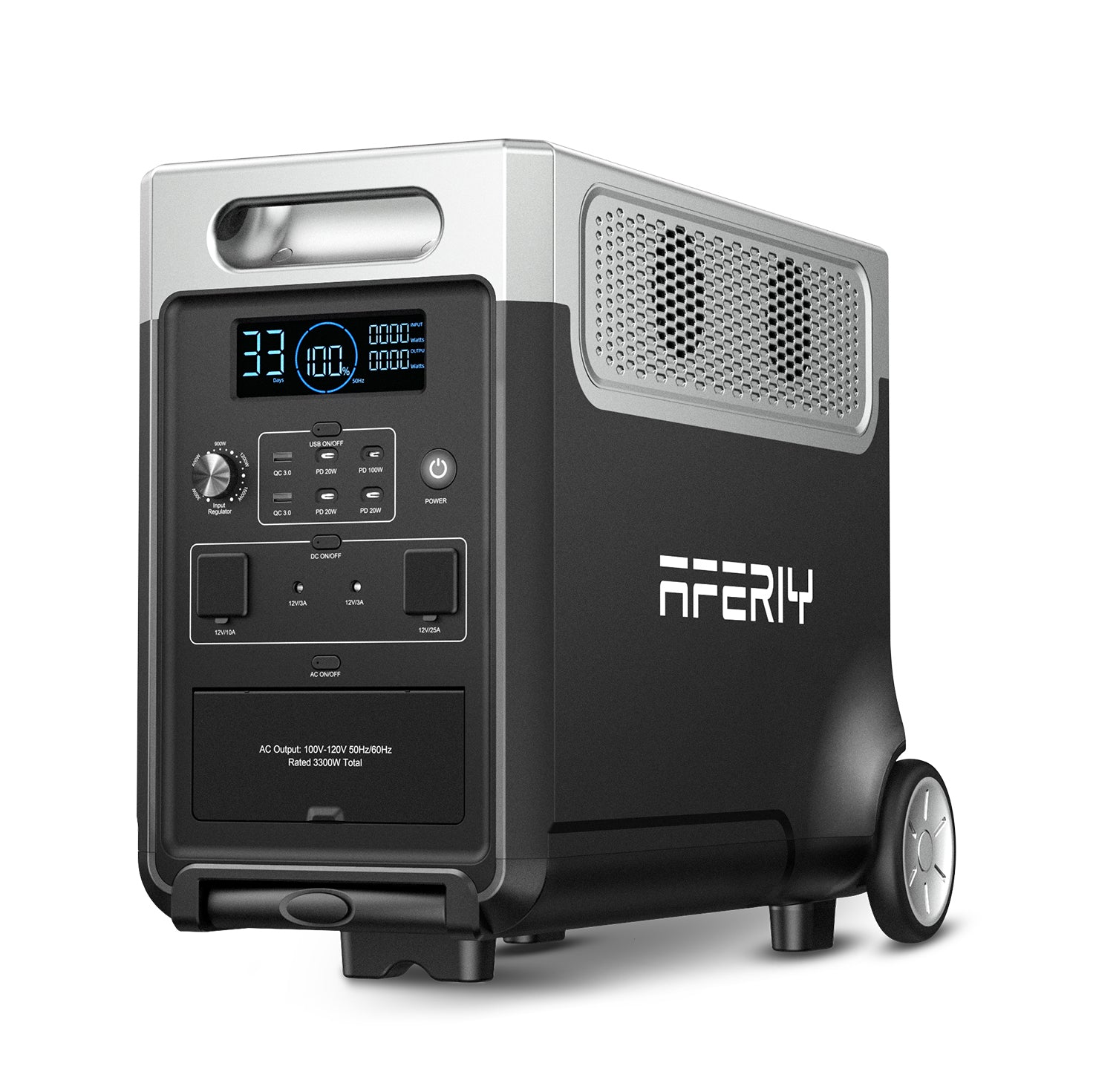
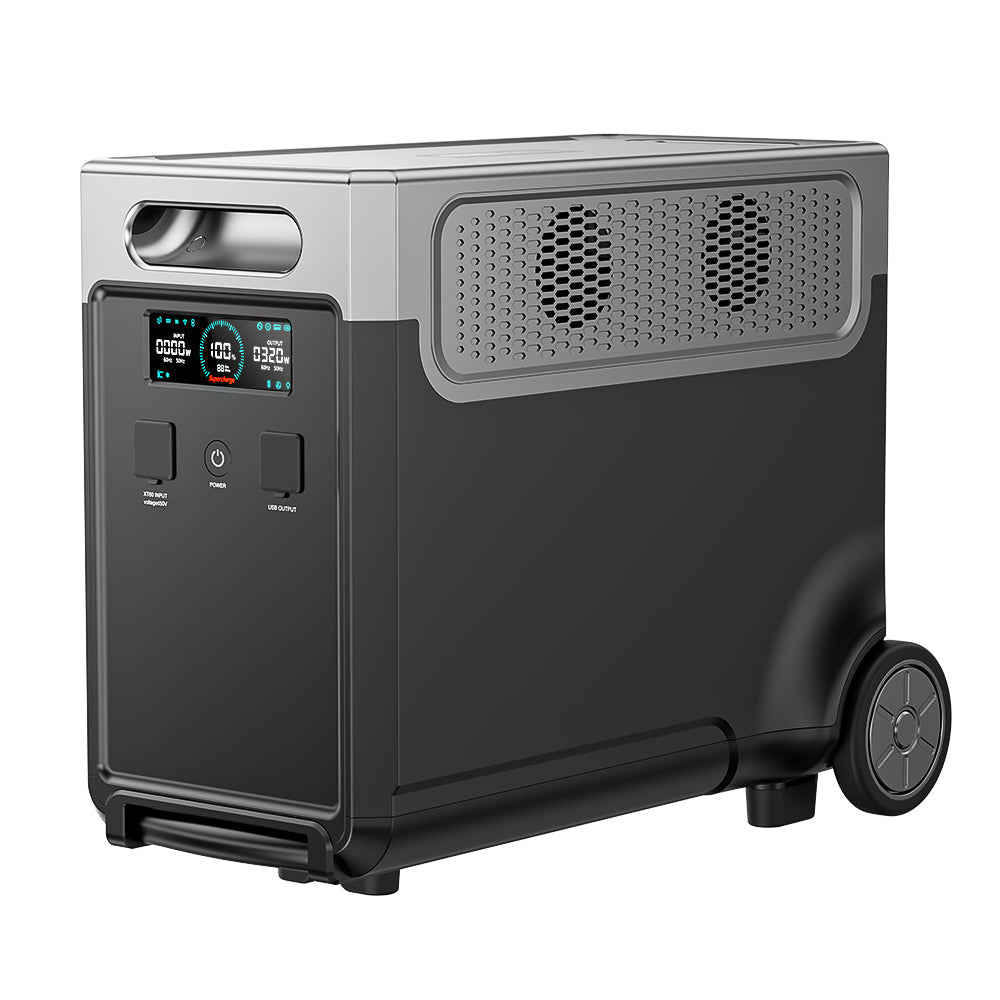
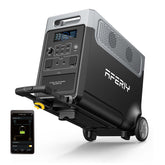
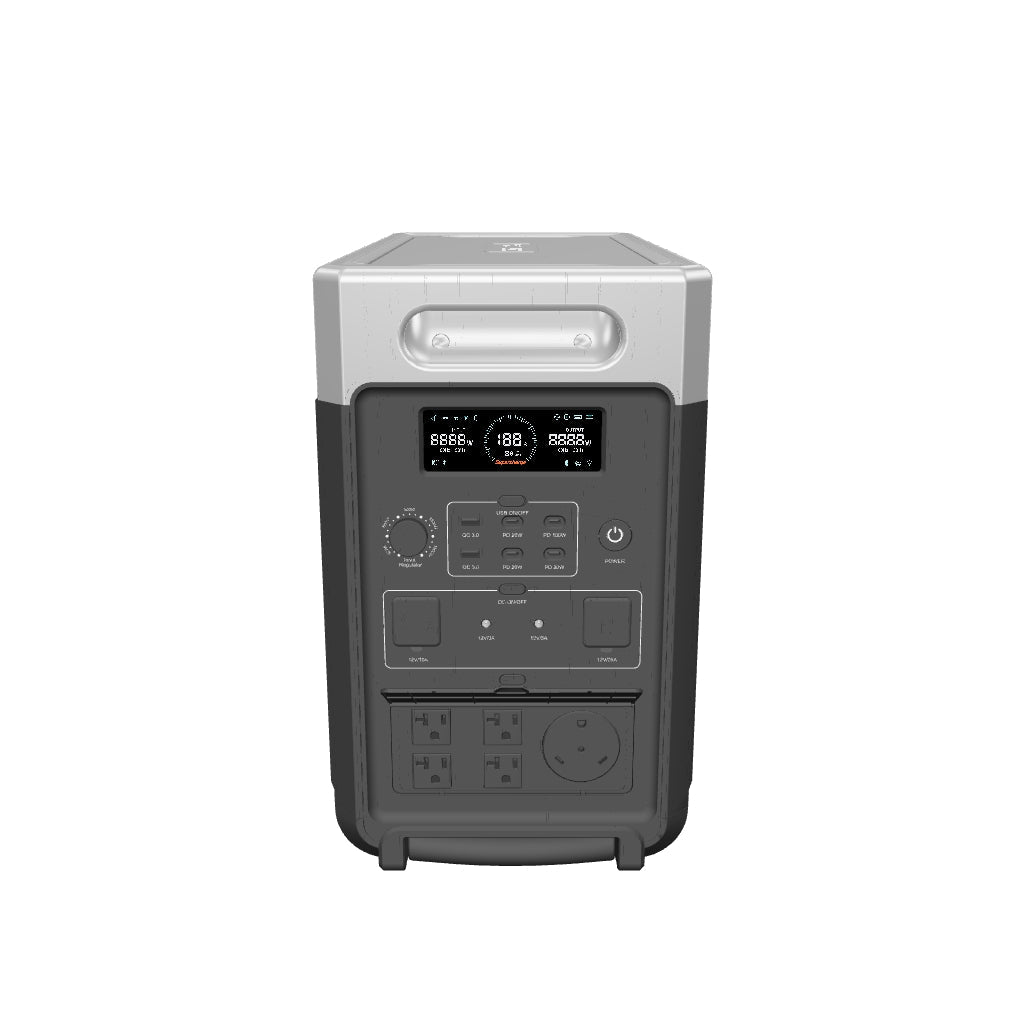
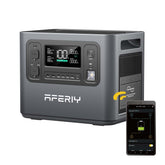
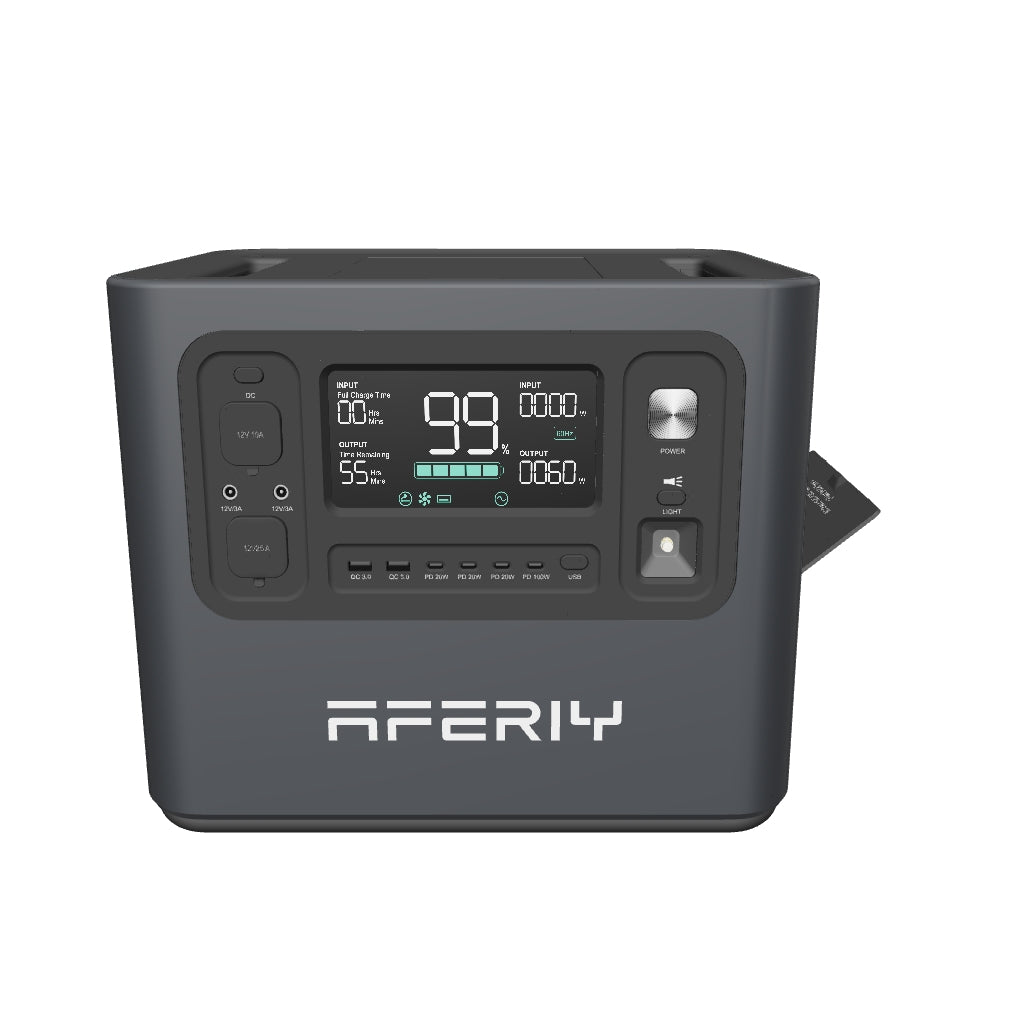
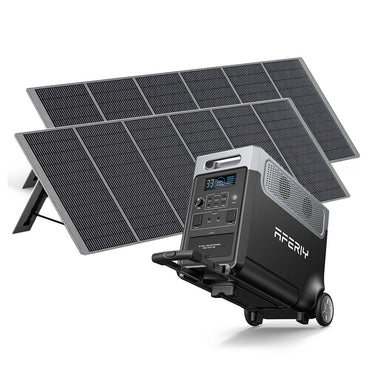
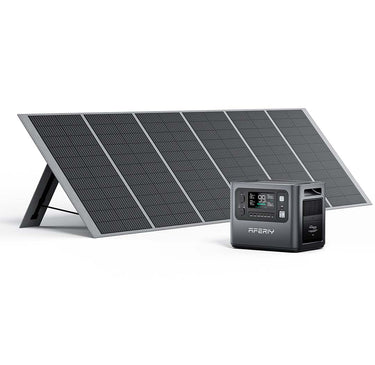
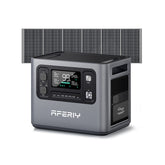

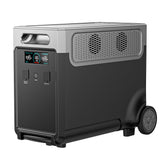

Leave a comment
Please note, comments need to be approved before they are published.